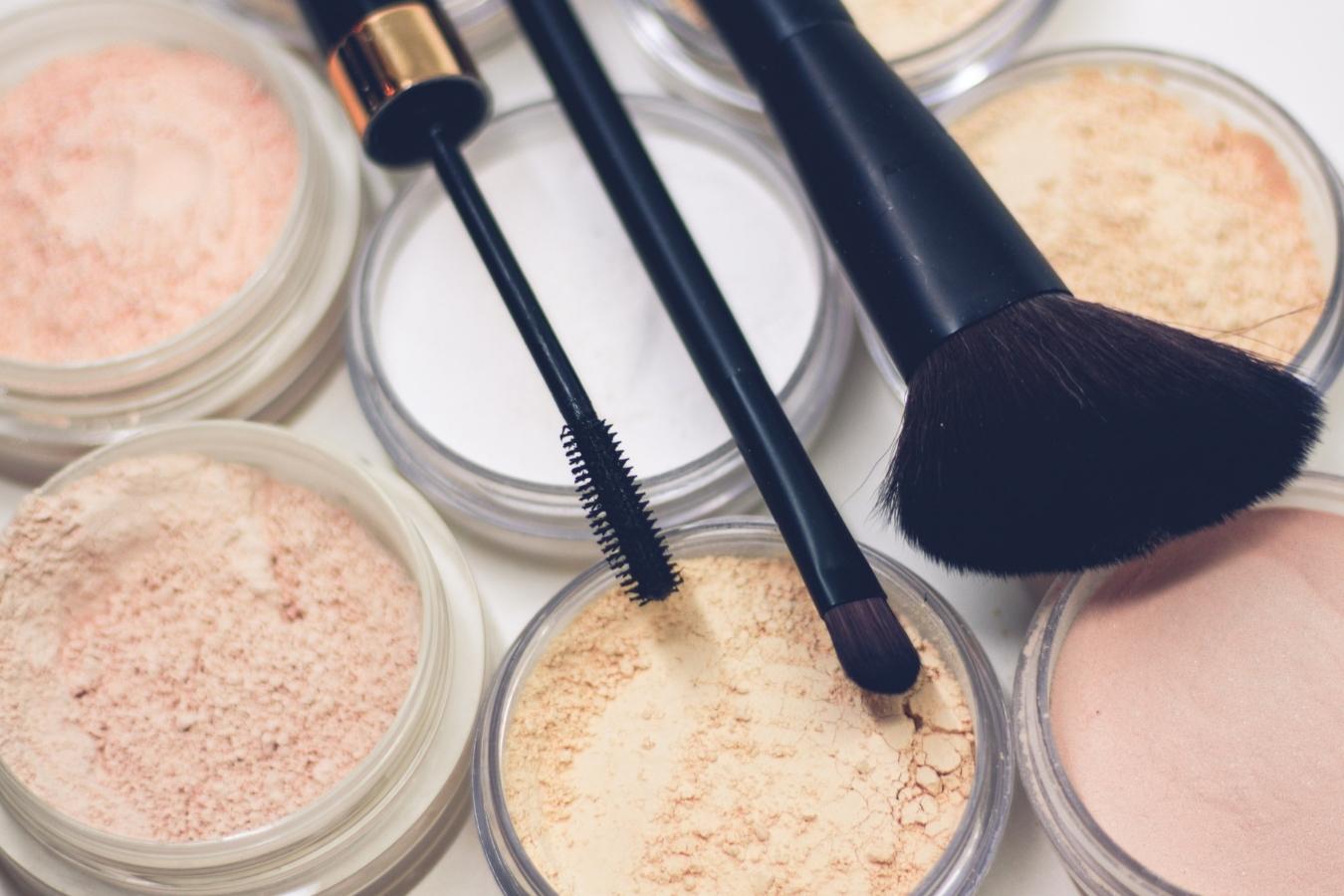Rise by Six: Your Daily Dose of Inspiration
Explore insights and stories that elevate your day.
Cosmetics Confessions: What’s Really in Your Makeup Bag?
Uncover the shocking truths about your favorite makeup products! Dive into Cosmetics Confessions and find out what's really in your bag.
The Truth Behind Your Favorite Ingredients: What’s Really in Your Makeup Products?
When you buy makeup products, it's easy to be lured in by enticing packaging and clever marketing, but have you ever stopped to consider what's really in your makeup products? Many popular ingredients, such as parabens, phthalates, and sulfates, can raise eyebrows due to their controversial nature. While some companies tout their products as being completely free from these additives, it's crucial for consumers to do their homework and understand what these ingredients do. For instance, parabens are used as preservatives to extend shelf life, yet they have been linked to potential hormonal disruptions. Understanding these elements allows you to make informed choices about the makeup you apply on your skin.
Not all ingredients are created equal, and while some might sound intimidating, others are derived from natural sources and can actually benefit your skin. For example, ingredients like jojoba oil and aloe vera are often praised for their moisturizing properties. But how can you tell the difference? A good rule of thumb is to look for products with a short ingredients list and those that prioritize skin-friendly components. Additionally, consumer awareness is on the rise, prompting many brands to be more transparent about what goes into their formulas. Always take the time to read labels and do your research; after all, your skin deserves the best.

Are Natural Makeup Ingredients Safer? Debunking the Myths
The growing trend towards natural makeup ingredients has led many to believe that these products are inherently safer than their synthetic counterparts. However, it's essential to recognize that the safety of a cosmetic ingredient isn't purely based on its origin. For instance, some natural substances, such as certain essential oils, can cause skin irritation or allergic reactions in sensitive individuals. Meanwhile, many synthetic components undergo rigorous testing and are formulated specifically to minimize risks. Therefore, merely opting for natural makeup doesn't guarantee safety; it's crucial to assess the specific ingredients and their effects on your skin.
Another common myth is that all natural makeup ingredients are free from harmful chemicals. In reality, the term ‘natural’ isn't strictly regulated, which means that products labeled as such can still contain questionable additives or contaminants. Furthermore, the effectiveness of natural ingredients isn’t universally superior; some synthetic compounds are designed to provide better performance or longevity. Ultimately, consumers should educate themselves about the ingredients in their products and focus on understanding their individual skin needs rather than relying solely on the 'natural' label.
What Do Beauty Labels Really Mean? Understanding Cosmetic Terminology
When navigating the vast world of cosmetics, understanding beauty labels is essential for making informed choices. These labels often contain specific terms that can be confusing, such as non-comedogenic, hypoallergenic, and fragrance-free. Each of these terms serves a unique purpose:
- Non-comedogenic: Formulated to not clog pores, making it ideal for acne-prone skin.
- Hypoallergenic: Designed to minimize the risk of allergic reactions, but not completely free from allergens.
- Fragrance-free: Indicates that no fragrances were added, reducing the chance of irritation for sensitive skin types.
In addition to these common terms, beauty labels may also include allergenic ingredients or active components that contribute to the product's effectiveness. For instance, ingredients like retinol and salicylic acid are often highlighted for their anti-aging and acne-fighting properties, respectively. Knowing how to read and interpret these labels can empower consumers to select products that align with their skincare needs and preferences. Ultimately, being savvy about cosmetic terminology enhances your beauty regime and ensures you get the most value from your products.